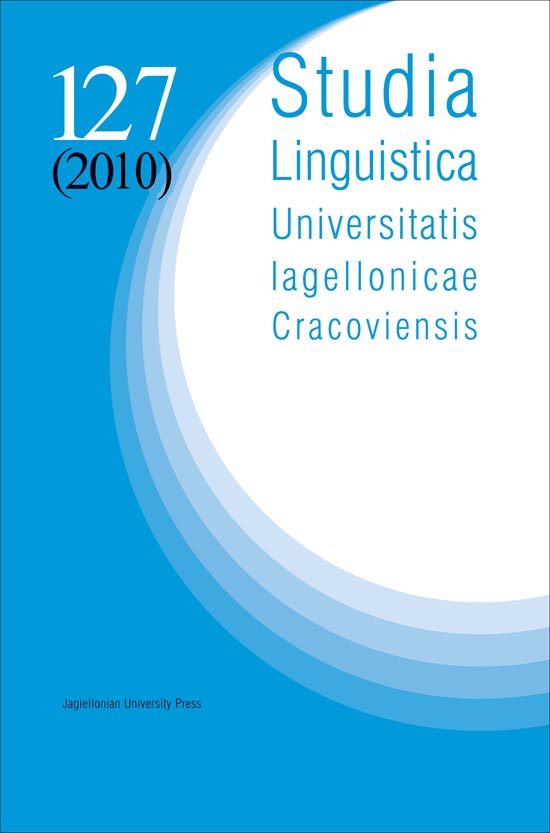Urban legends: Turkish kayık ‘boat’ and “Eskimo” qayaq ‘kayak’
Urban legends: Turkish kayık ‘boat’ and “Eskimo” qayaq ‘kayak’
Author(s): José Andrés Alonso de la FuenteSubject(s): Language and Literature Studies
Published by: Wydawnictwo Uniwersytetu Jagiellońskiego
Keywords: Turkic languages; Eskimo-Aleut languages; philology; etymology; chance similarity
Summary/Abstract: The main goal of this paper is to show that the proposed relationship between the Turkish kayık ‘boat’ and the Eskimo qayaq ‘kayak’ is far-fetched. After a philological analysis of the available materials, it will be proven that the oldest attestation and recoverable stages of these words are kay-guk (11th c.) < Proto-Turkic */kad-/ in */kad-ï/ ‘fir tree’ and */qan-yaq/ (see Greenlandic pl. form kainet, from 18th c.) < Proto-Eskimo */qan(ə)-/ ‘to go/come (near)’ respectively. The explicitness of the linguistic evidence enables us to avoid the complex historical and cultural (archaeological) observations related to the hypothetical scenarios concerning encounters between the Turkic and Eskimo(-Aleut) populations, so typical in a discussion of this issue. In the process of this main elucidation, two marginal questions will be addressed too: the limited occasions on which “Eskimo” materials are dealt with in English (or other language) sources, and the etymology of the (Atkan) Aleut iqya-x̣ ‘single-hatch baidara’.
Journal: Studia Linguistica Universitatis Iagellonicae Cracoviensis
- Issue Year: 2010
- Issue No: 127
- Page Range: 7-27
- Page Count: 18
- Language: English

